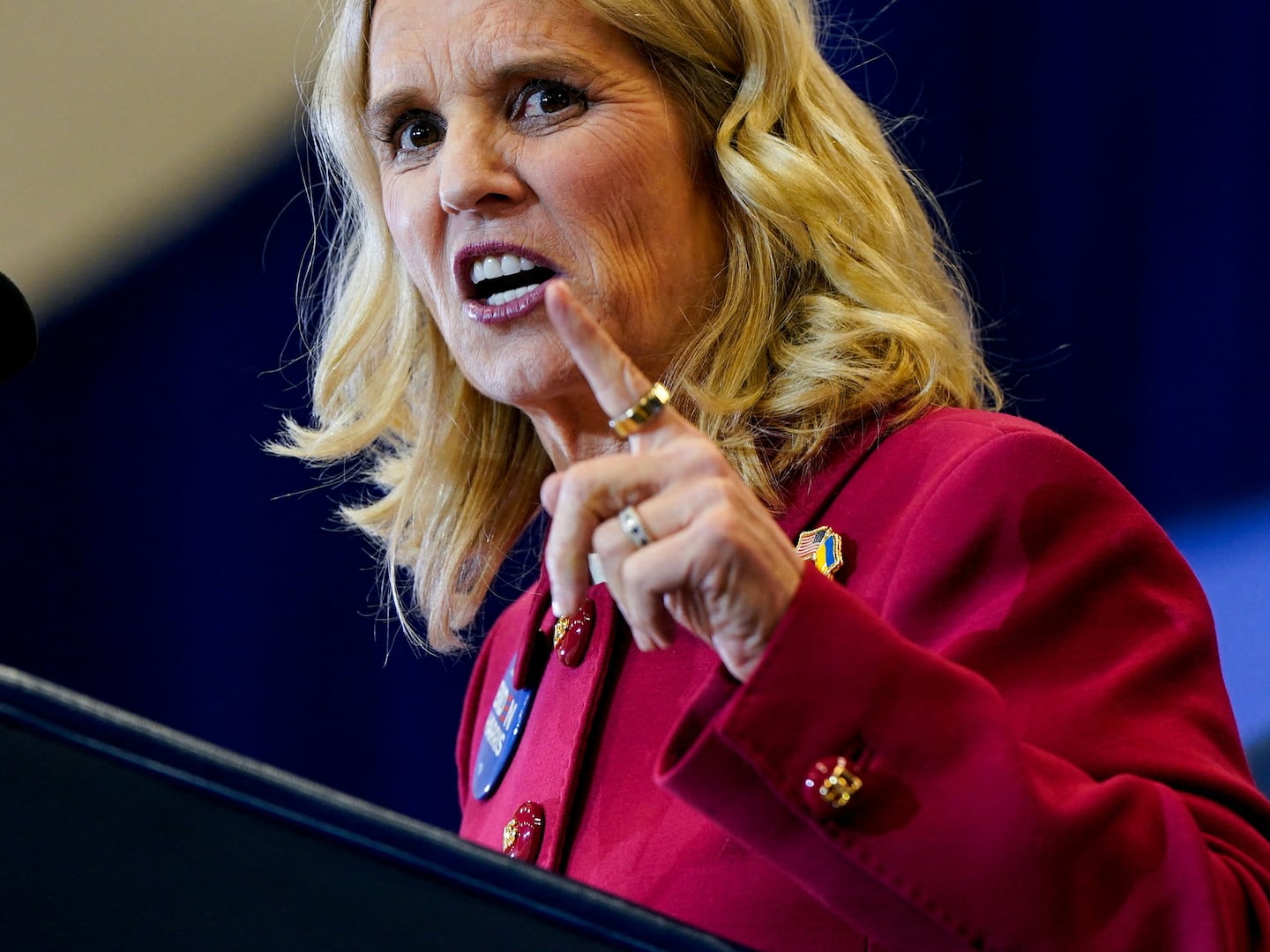Twitter CEO Jack Dorsey hinted that anyone might be able to become verified on Twitter during a Periscope livestream on Thursday night.
“The intention is to open verification to everyone, and to do it in a way that’s scalable, where [Twitter] is not in the way and people can verify more facts about themselves and we don’t have to be the judge or imply any bias on our part," Dorsey said during an open Q&A.
Dorsey didn't go into additional detail or explain how the scheme might work. The Verge notes, however, Airbnb has a similar open-to-all verification option which requires users to simply submit a link to their Facebook profile, phone number, email address, or a government-issued photo ID.
Dorsey's statement follows a recent crackdown made by the platform to combat bots and fake accounts.
In February, thousands of Twitter accounts were removed or suspended overnight for violating Twitter's guidelines. In November, Twitter banned and unverified accounts linked to known white supremacists.
In a series of tweets sent at the time, a Twitter spokesperson said that verified check marks were meant to denote “that an account of public interest is authentic," but that “verification has long been perceived as an endorsement.”
“This perception became worse when we opened up verification for public submissions and verified people who we in no way endorse,” the company added, saying that users could now lose their checkmarks over things like inciting or engaging in harassment.
Alex Taub, founder and CEO of social analytics company SocialRank, said that he views opening up verification to everyone as a potentially good thing.
"Verification was never meant to be an exclusivity thing," he told The Daily Beast. "It wasn't meant to be a prestige thing originally, it was to make sure if you were well known, you weren't being impersonated."
When Twitter initially rolled out verified check marks, they were primarily given to accounts held by celebrities or influential public figures. Over time, however, Twitter has loosened its standards,allowing smaller musicians, artists, journalists, and "influencers" to obtain checkmarks as well.
In 2016, Twitter introduced a public form wherein anyone could request verification, though ultimately a small team at Twitter still made the final call.
The majority of Twitter's problems surrounding verification have more to do with the public perception and cultural view of what a verified tick means than anything else. As Twitter's director of product David Gasca told The Verge, “The main problem is, we use [the checkmark] to mean identity. But in user research... users think of it as credibility, [that] Twitter stands behind this person and what they’re saying is great and authentic, which is not what we meant.”
Changing the perception of the checkmark and broadening it to the extent that users without check marks are viewed as "lesser" or spam, could change broad dynamics on the platform.
Some social media specialists remain skeptical.
Troy Osinoff, Co-Founder of JUICE, a digital marketing agency, said that having everyone verified could lead to a cluttered feed where it's impossible to determine who is relatively important and worth listening to and who is not.
"I know it sounds counter-intuitive, but having a small minority of users verified based on their accomplishments and relevancy in the industry makes the user experience much better," he said. "Verified users provide focal points in conversations that help guide the discussion in their own unique way, and this helps all users chime in on certain points and branch off to explore peripheral ideas."
"I truly do believe the dilution of one of Twitter’s finest innovations might be a step back rather than a step forward," he added. "We don’t need to throw the verified baby out with the bathwater. Creating a distinction between an Expert or thought-leader (today’s Verified User), and a Verified Identity can be done with a simple variation of a checkmark."
Jeremy Miller, president of Inspired Blue Media, a Facebook analytics agency agreed with Osinoff's assertion that it was important to have somewhat tiered-levels of users.
He suggested that Twitter roll out grey check marks to everyone, similar to how Facebook verifies pages, "so that all users can confirm the legitimacy of being a real human behind a real account thus separating from the bullies, spam-bots, and trolls."
He also suggested that blue check marks remain reserved for brands, bands, public figures, and journalists "to verify their credibility as representatives of brands or credible sources of information.""Both check marks would be for verification. One is for confirmation of legitimacy and the other is for credible sources of information and representatives of brands," Miller said.
Several marketers speculated on whether Instagram would roll out similar figures. Instagram currently has a similar verification process to Twitter, verifying public figures, celebrities, musicians, and journalists.
But Ruvim Achapovskiy, CEO of Social Bomb, a digital agency in Seattle said he doubts Instagram would roll out the type of mass-verification Dorsey alluded to.
"Instagram isn’t plagued with the same issues that Twitter has with bots," Achapovskiy said. So the platform probably isn’t going to mess with its verification."
"In my opinion, Twitter’s goal with this step toward verification-for-all is to negate online harassment, reduce the voice of bots within users timeline, quickly identify imposter accounts for removal, while trying to reduce the amount of 'trolls' infringing on the platform," said Jordyn Reese, a digital marketing strategist at Sneak Attack Media.
One thing Dorsey attempted to make clear in his stream was that Twitter would not be rolling out any type of "real name" policy for verification. He stressed that the ability to speak freely and anonymously was crucial to the platform and that he would never force users to share "identifiable information that would put them in the way of harm.”






